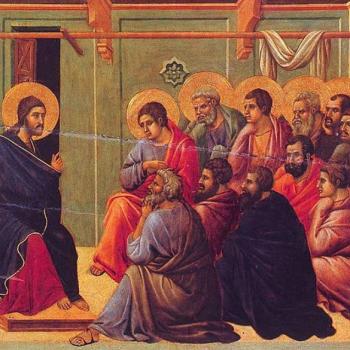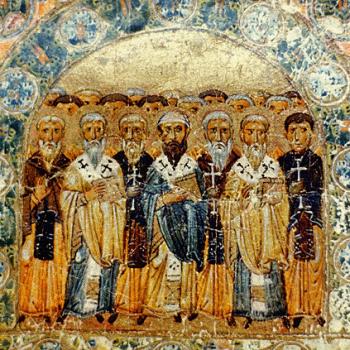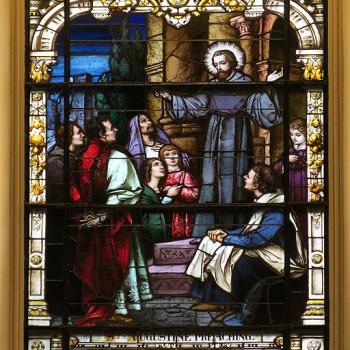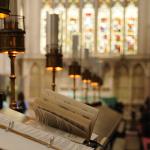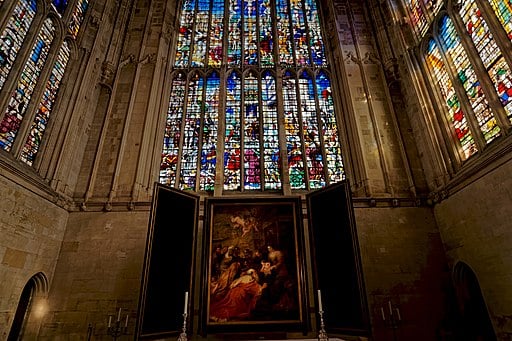
Introduction
“I have just one more question for you today. How do you reconcile your work and education in theology with practical church ministry?” I was stunned as I heard this question from one of the committee members who was interviewing me for a youth pastor job. I assumed that having two degrees in bible and theology would be a valuable asset when interviewing for jobs in the church. In this instance and in several others, I was wrong. This was one of the most asked questions I received when interviewing for pastor positions.
Every time I interviewed, no matter how I answered the question, the result was always the same. “We’re sorry, but we are moving forward with another candidate who has more practical experience.” The same was true when I began to interview for positions in schools to be a Bible teacher. The interviewers asked if I knew that as the bible teacher I “was not a pastor?” While I understand why these questions are asked they are symptoms of a deeper problem. A problem that has bifurcated the church from the academy. I found myself stuck in the chasm between the church and the academy. A chasm that left me without a job and feeling like I had made some sort of mistake.
“Church, we have a problem.”
While in seminary, I had the privilege of studying with Kevin Vanhoozer in my systematic theology courses. During my time with him, he regularly spoke about this problem. Namely, the chasm between the church and the academy. Little did I know he was preparing to publish The Pastor as Public Theologian: Reclaiming a Lost Vision. In this book Vanhoozer argues that “theology has been banished from Jerusalem” (Vanhoozer, Pastor as Public Theologian, 1). In other words, the church has lost its desire for theology. Lost their desire for the pastor as theologian who “opens up the Scriptures to help people understand God, the world, and themselves” (Ibid).
This exile of the theological in the life of the church results in a “knowledge of God [that] is in ecclesial eclipse” (Ibid). Pastors today are concerned with education in leadership, management, strategic planning, etc. The pastor’s resume looks more like that of a CEO than that of a shepherd. A a result, Vanhoozer argues,
Congregations expect their pastors to have these qualifications, and if pastors have an MBA, well then, so much the better. In these circumstances, it is hardly surprising that newly installed pastors so often complain that their seminaries failed to prepare them for the “real work” of ministry. Meanwhile, seminaries race to catch up to new expectations, reforming their curricula in ways that result in an even greater loss of theology in the church (Ibid).
This has not always been the case. In fact, historically, the role of theologian and pastor were almost inseparable. Theologians would have been pastors and pastors theologians (Hiestand and Wilson, The Pastor Theologian: Resurrecting an Ancient Vision , 22). Thus, the loss of the theological vision of the pastorate is detrimental to both the pastor and the church.
The Stained Glass Syllabus
So what does this column have to do with that problem? Well, this column seeks to provide theologically rich and engaging content that will serve the church. In other words, this column will sit in this gap between the church and the academy and work to mend this bifurcation. I now serve both as an educator in a local high school teaching theology as well as a pastor. I am passionate about the church and theology. Two things that need each other. I am not naive enough to think that this column will solve the problems in the life of the church. However, I do hope that the content published here can provide thought provoking content to help those within the church and without think more faithfully about God and themselves. Over the next couple of weeks, I will explore more deeply this disconnect between the church and the academy. The next post will look historically at how this problem arose. Then, I will conclude this series looking at some practical ways that we can overcome this problem.








